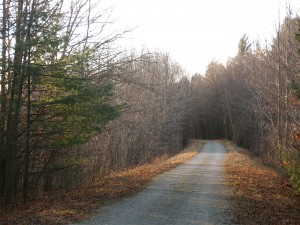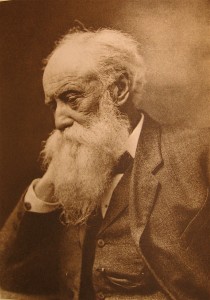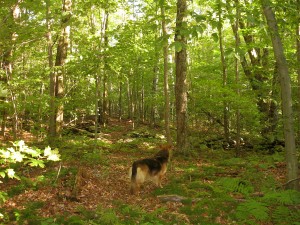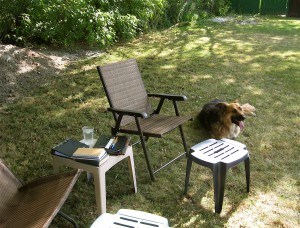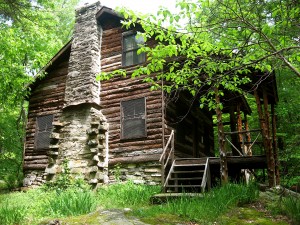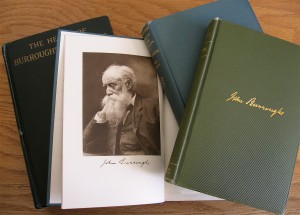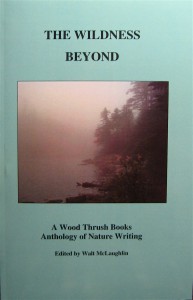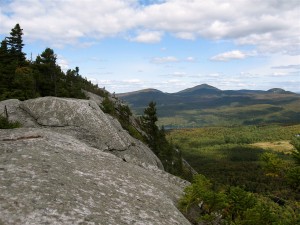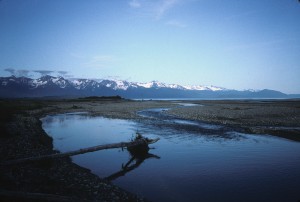Jan 17 2013
Call of the Wood Thrush
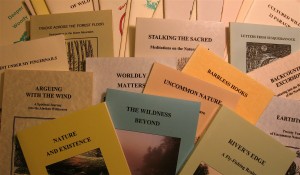 In the summer of 1980, on the second day of a solo trek into Oregon’s Cascade Mountains, I stopped for lunch. A wood thrush landed in nearby bushes and began singing its flute-like song. Intoxicated by that melody, I left the trail shortly thereafter and wandered for hours through alpine meadows before making camp for the night. And there I stayed for two days, grooving on wild nature in what felt like the lap of God.
In the summer of 1980, on the second day of a solo trek into Oregon’s Cascade Mountains, I stopped for lunch. A wood thrush landed in nearby bushes and began singing its flute-like song. Intoxicated by that melody, I left the trail shortly thereafter and wandered for hours through alpine meadows before making camp for the night. And there I stayed for two days, grooving on wild nature in what felt like the lap of God.
That same year I self-published my first chapbook. Five years later I started up Wood Thrush Books, naming it after the bird that has called out during so many of my deep woods excursions. As I see things, the wood thrush symbolizes life and hope and joy and beauty. Its song is mystical. It is nothing less than the call of the wild.
As any one who has attempted it knows, running a small press is a kind of holy madness. It’s a lot of work, plenty of frustration, very little recognition, and even less money. To call it a business is to miss the mark. To call it a hobby is to insult the publisher. Those who have done it as long as I have know it’s more than an occupation or a pastime – much more. It’s a vocation.
Last year was a dangerous year for WTB. I came close to calling it quits. Then I realized that I could no more give up publishing than I could writing or woods wandering. Together these three activities make me what I am, for better or worse.
Thirty-three years later, I still hear that divine, flute-like song. I hear it even when I am stuck in the developed lowlands, doing mundane work, trying to navigate the matrix that we call the modern world. I just cleaned out my office – WTB world headquarters – and am ready to take on a whole new set of challenges. Even now, in my late fifties, I still heed the call.

